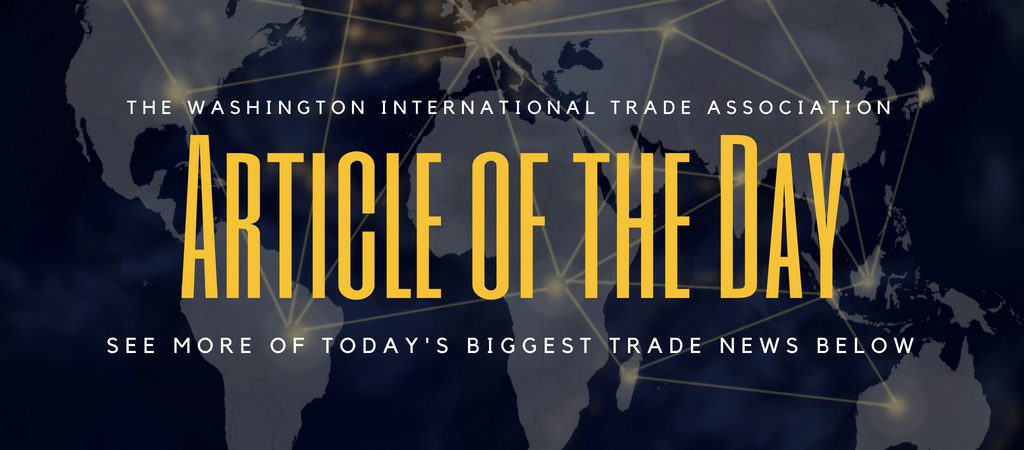The global economy was ripe for a recession even before the coronavirus pandemic struck. Many commentators have been warning that stock markets were overheated, that advanced economies were heading for a slowdown, and that US President Donald Trump’s protectionist policies had disrupted supply chains and ushered in an era of heightened uncertainty. Now, the stock market has finally crashed, and a recession has become almost inevitable.
In the past, the international community has successfully mustered a coordinated response to similar crises. The threats posed by Sars in 2003, H1N1 (swine flu) in 2009, Mers in 2012, Ebola in 2014-2016, and the 2008 global financial crisis (GFC) were all contained through rapid multilateral action. But Mr Trump has shown nothing but contempt for multilateralism, which helps to explain why a global response to the Covid-19 crisis has yet to materialise.
Mr Trump’s flailing response to the outbreak is a sharp departure from that of his predecessor. According to former vice-president Joe Biden, now the leading contender for the Democratic presidential nomination, Barack Obama’s administration helped to contain multiple previous outbreaks by convening health officials from around the world in the White House Situation Room, where they mapped out a coordinated response.
Earlier economic downturns were likewise addressed through multilateral channels. At the height of the GFC, the G20 repudiated trade protectionism and committed to pursuing simultaneous fiscal and monetary expansion. We now know that this coordinated response played a major role in preventing the downturn from getting significantly worse.
The current crisis is even more deserving of a multilateral response, because it presents challenges above and beyond those previous threats. In what amounts to an economic perfect storm, the pandemic has combined with pre-existing recessionary pressures, the broader disruption to global trade, and a new and somewhat unexpected complication: a sharp drop in oil prices.
Major oil-exporting countries’ failure to agree on either price or production limits has driven the price of oil to US$20 per barrel. That may be good for US consumers and oil-importing countries, but it also means that many US fracking companies will struggle to service their debts. Falling investment and an increase in nonperforming loans will become another major source of downward pressure on economic activity.
The current disarray in global trade also hurts. From the beginning, the Trump administration has rejected America’s long tradition of global leadership and support for the open multilateral trading system. Opting instead for bilateral deals with trading partners, the US has bullied its allies along with everyone else.
CLIMATE OF UNCERTAINTY
Almost all of America’s trading partners, including the European Union and Japan, have been subjected to increased US import tariffs on steel and aluminium. And Mexico, Canada, South Korea, Turkey, India, Brazil, and Argentina have all been pummelled with non-negotiable demands for US-friendly revisions to previously negotiated trade agreements, on the threat that previously granted favours will be revoked.
The trade war with China, moreover, is still ongoing. In the current climate of uncertainty, exporters do not know whether they will suddenly face new tariffs, and importers are reluctant to expand domestic productive capacity because they do not know if or when existing tariffs will be rescinded.

